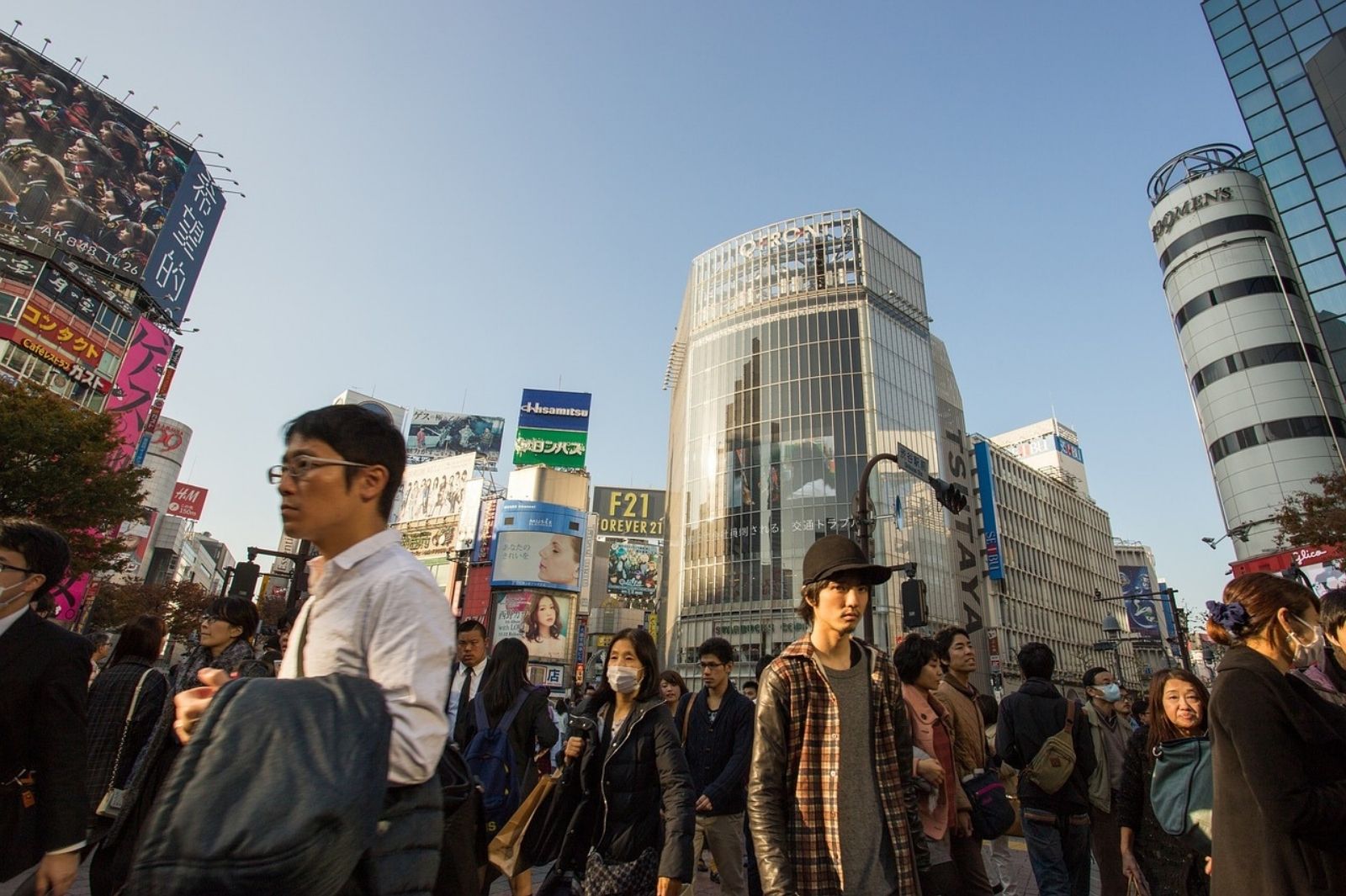Recover better: UN Human Rights Day
Date 10.12.2020

Today (10 December) is the United Nations’ Human Rights Day and this year the theme relates to the COVID-19 pandemic and focuses on the need to build back better by ensuring human rights are central to recovery efforts.
UON academics have penned their reflections on the past year, the pandemic’s impact on people and communities and what can be done to make a better, post-COVID world.
Early Years – Dr Tanya Richardson
Much research has already been undertaken into the impact of COVID-19 on young children and their families, with mixed findings. Ofsted reported recently that early years settings were finding that the pandemic had significantly impacted the learning and development of children, with many children needing support in how to make friends and socialise with others, among other things. What was most worrying to me was the report that the pandemic has been noted to widen inequalities, with 29% of setting leaders reporting that children had fallen behind in areas of development, but 21% saying that it had improved.
This is indicative of a wider issue, how parents are supported and how parents are able to support their children. The Royal Foundation, in answering The Duchess of Cambridge, Katherine Middleton’s, 5 Big Questions, found that 37% of parents feel that their mental health has been negatively affected by the pandemic. As a society therefore we need to be aware of this and provide support for each other and for those with young children. Their futures depend on it.
Mental Health Nursing – Iain Schrantz
In the year of the nurse and midwife, I don’t think we ever would have anticipated the profession being so widely recognised for the incredible way it responded to what has been a traumatic year for so many people impacted by Coronavirus.
We as a nursing team of all disciplines are incredibly proud of our profession and the response of our colleagues working during the pandemic to continue to provide care to those most vulnerable and at need in our society.
Our student nurses have been incredibly resilient to the demands from opting into emergency registers and completing course requirements, along with trying to look after themselves and their families. It has also put an even greater spotlight onto how important our mental health and wellbeing are; everyone needs to look out for and support each other. We hope that people recognise it is ok to have mental health problems and that help is there for people when they need it or they have the confidence to just check in with someone who they know may be having a tough time.
Primary Education – Steve Hollingshurst
Teachers and school leaders have faced unprecedented levels of stress and anxiety dealing with the initial closure of schools and, more recently, the daily raft of decision making concerning the ongoing education, safety and wellbeing of their school communities. At the heart of our headteachers’ concerns remain the safety, wellbeing and education of the children in their care together with a relentless focus on the safety and wellbeing of their staff. They face daily decisions about the full or partial closure of the school or ‘bubbles’, as we now refer to them.
This is relentless ‘frontline work’ which many will not ever see or recognise. We must ensure that sufficient, appropriate support is given to school staff as they continue to battle to maintain the right of all children to receive an education.
With this year’s theme ‘Recover Better – Stand Up for Human Rights’, we need to ensure that we stand up and support all frontline workers who strive daily for others. With so many continuing to display such resilience in the pursuit of wellbeing, health and human rights for others, I am left wondering how long it will be before the human ‘bubble’ bursts.
Sociology – Dr Federico Farini
‘We are in it together’! This is at the same time a statement about the nature of a pandemic and an invitation to tolerance, generosity, social responsibility, patience. However, as months go by, there is incontrovertible evidence that yes, we are in it together but not equally.
The impossibility of working from home for some, sub-optimal living conditions, the limited access to outdoor spaces, the obligation to use public transport but also more frequent health problems are all factors that contribute to making the pandemic, if not classist (because no one can claim complete immunity from it) at least less than egalitarian.
Building back better, as the UN is advocating, needs social cohesion. But social cohesion cannot be secured by any government’s emergency policy. Emergency, when prolonged and in the absence of a tangible clear enemy, generates division rather than cohesion.
Building back better cannot be founded in the crisis. Before building back, political decision-making is necessary to produce more cohesion by tackling inequalities and disadvantage. Without that, tackling the aftermath of the pandemic would be like renovating and decorating a wall without fixing the issue that made it frail in the first place, making it frail again.